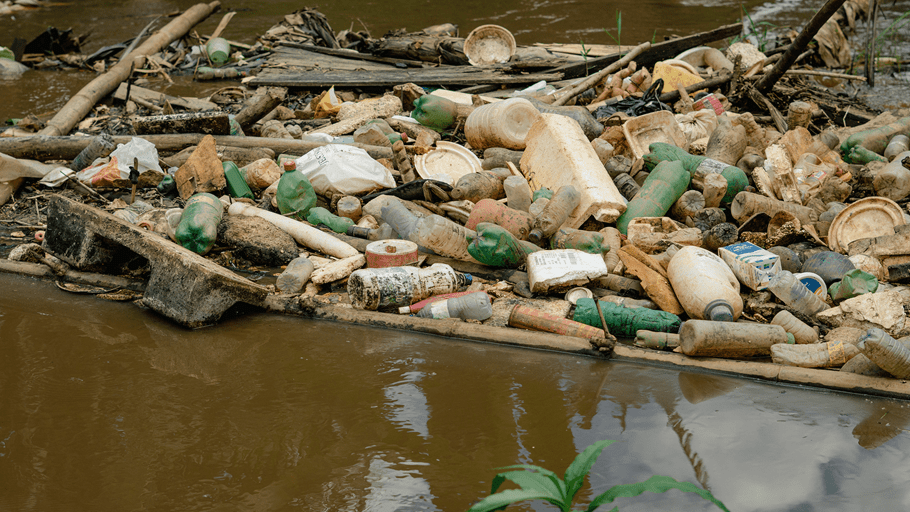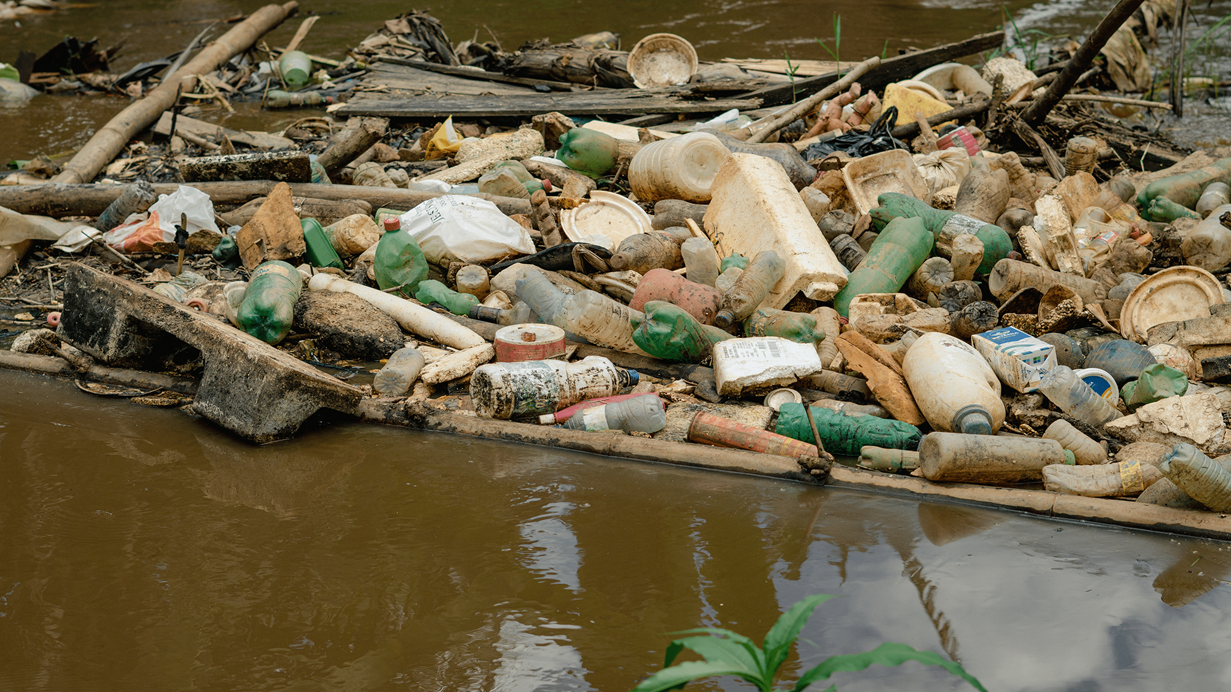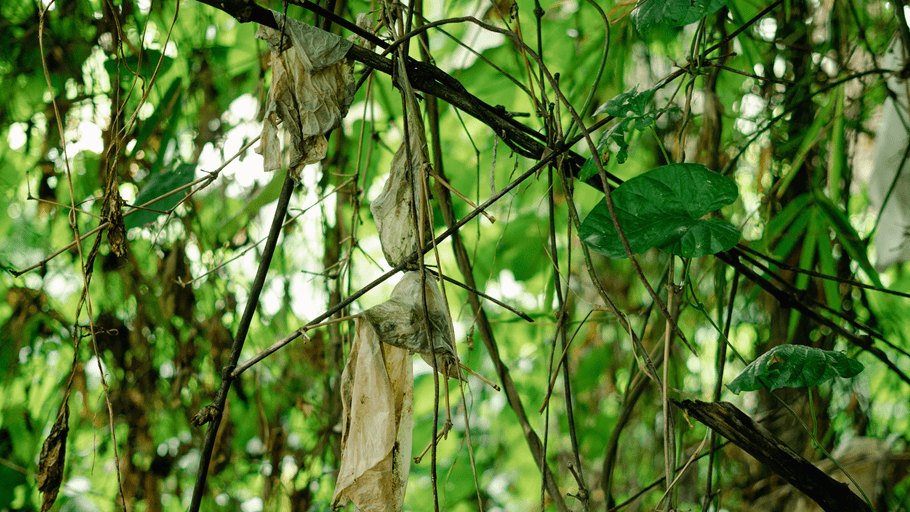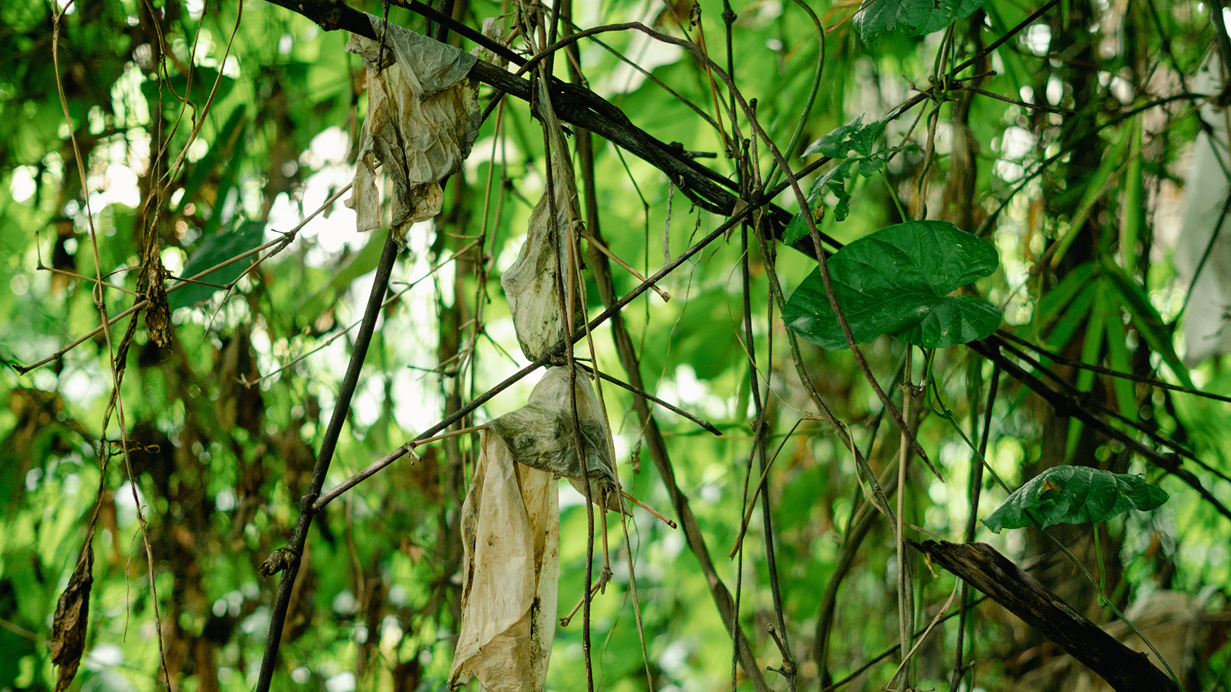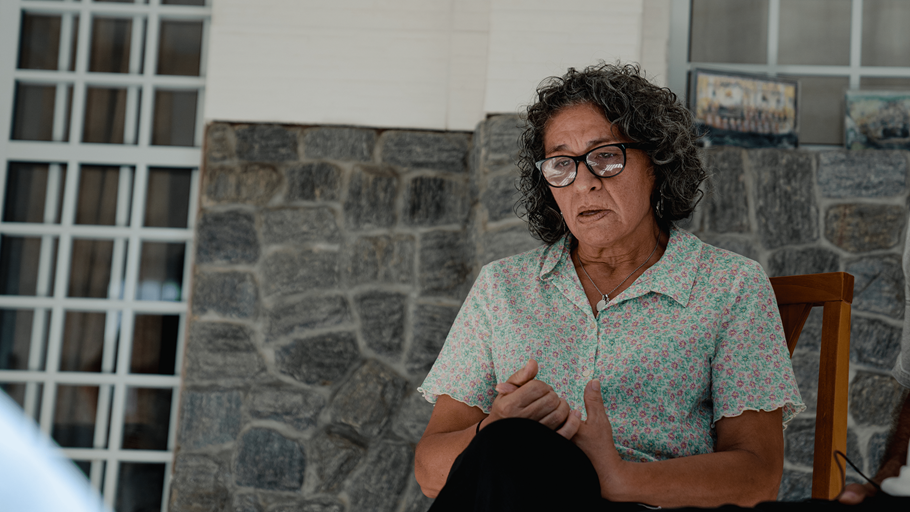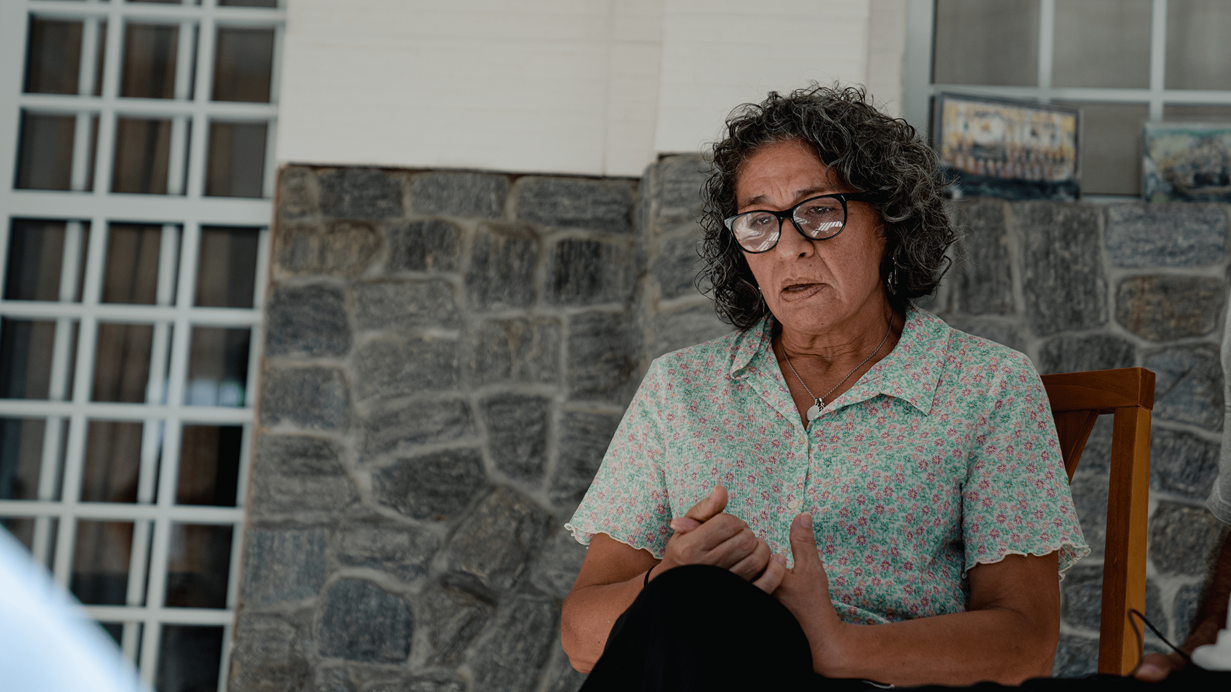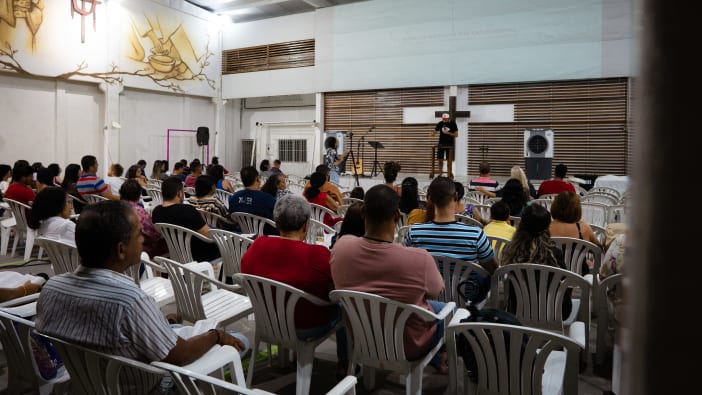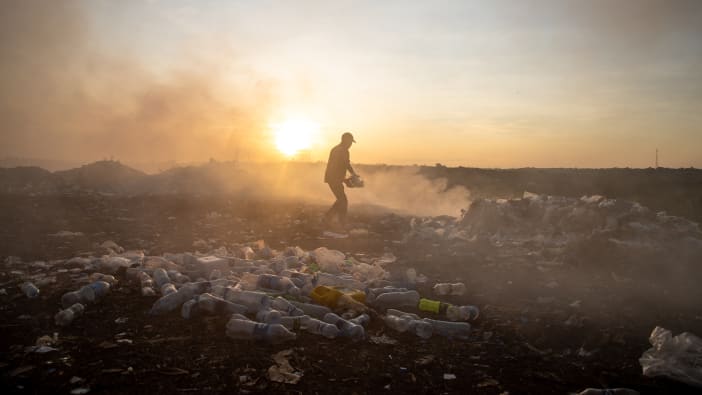‘Forgotten’ neighbourhoods in Recife face a barrage of complex issues but unmanaged waste and plastic pollution are making life particularly precarious.
Plastic bags hang high in the trees around Adriana’s home, a stark reminder of how far the floodwaters climbed. Many homes have a tell-tale tidemark part-way up the inside walls; some now lie abandoned.
Adriana has lived here in Recife, north-east Brazil, all her life. She remembers, as a child, seeing fish and turtles darting in River Tejipió which runs through her neighbourhood, Sapo Nu. Her mother used to wash clothes in its clear, blue waters.
Now, the river is choked with plastic bottles. The only wildlife in its waters are dead animals that people have tossed there, along with discarded sofas and mattresses.
‘We suffer here when there are floods,’ says Adriana. ‘There are mice, dead pigs and animals that people throw into the river that we see passing by. People have made the river an animal cemetery. So it's very sad, we are the ones who suffer the consequences.’
Leptospirosis, a disease carried by rats, is common among residents. And infection rates soar when the floods come, as they do most years.
That’s when the plastic-choked river disgorges its waters and its rubbish into houses built perilously close to its banks.
‘With this last flood, we looked out of the windows and there were beds, sofas just hanging there,’ says Adriana. ‘It looked as if a whirlwind had passed by.’







